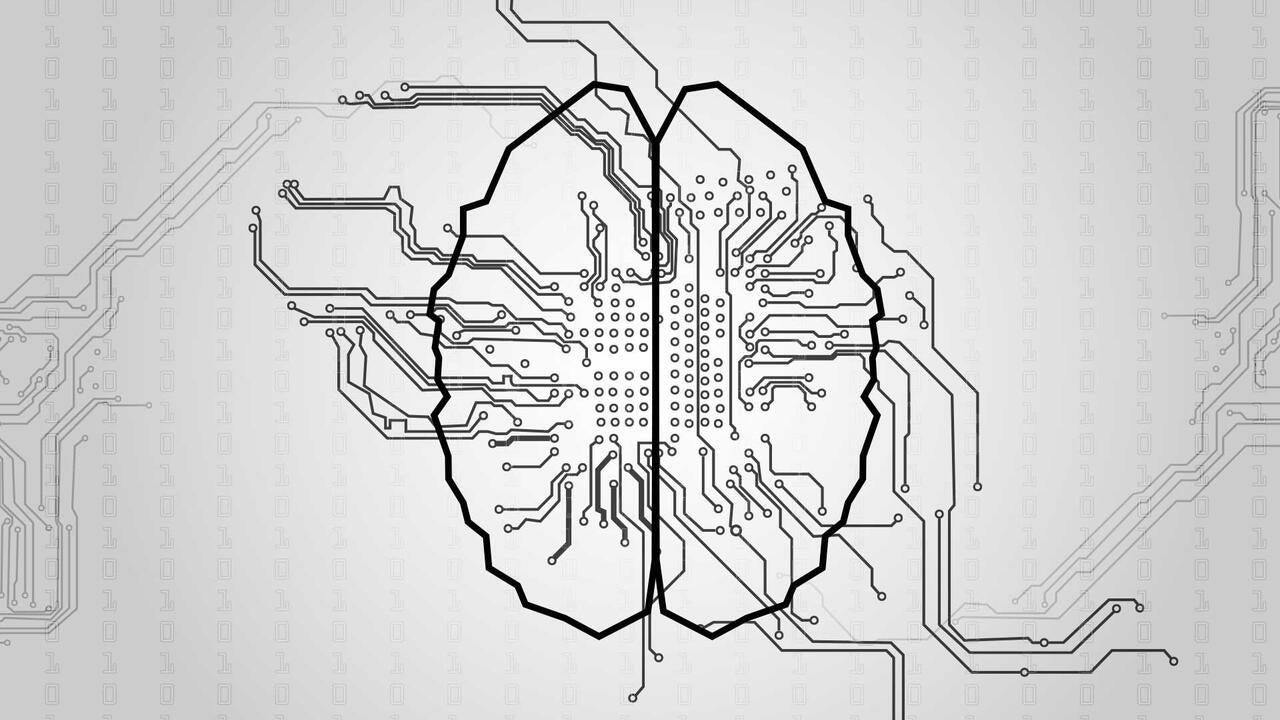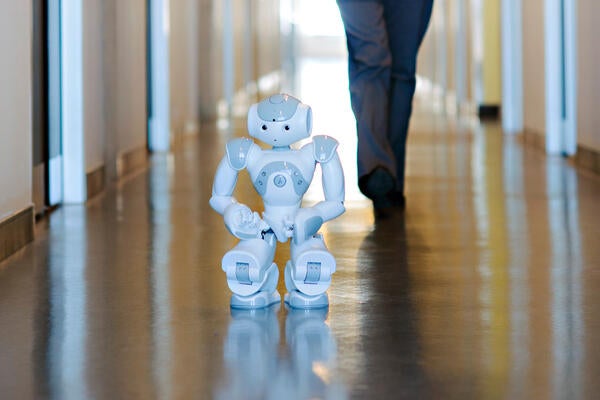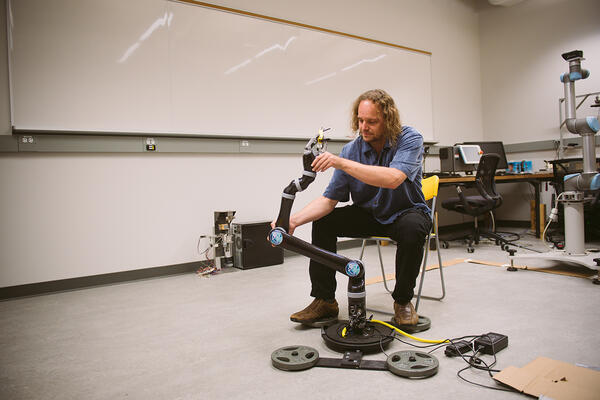
How close are we to technology that can read your mind?
The magic of telepathy: Waterloo research team is working on tech that reads brain signals of people who are paralyzed

The magic of telepathy: Waterloo research team is working on tech that reads brain signals of people who are paralyzed
By Nancy Harper University Communications
Mei Lin Chen
MASc Candidate, Faculty of Engineering
> Member, Bionics Lab, Department of Systems Design Engineering
> Centre for Bioengineering and Biotechnology
A Waterloo research team is developing technology that will one day predict what you want to do – before you do it – by reading your brain signals without invasive surgery.
“This cutting-edge research is going to change the world in the next 10 years,” says Mei Lin Chen, a graduate student in the Faculty of Engineering. Chen, who is part of a team hoping to develop a virtual-reality wheelchair-control system for people who are paralyzed, says: “It’s going to improve the aging experience.”
The ability to read brain signals of people who can’t move their arms or legs could have huge implications for amputees, stroke victims and people with ALS, for example. Chen is part of Waterloo’s Engineering Bionics Lab, which is led by her supervisor Ning Jiang, a professor in the Department of Systems Design Engineering.
“We believe that directly tapping into their brain, using tiny electrodes on top of the scalp, might bring them a new channel of communication. This is probably the closest we’ve been to the magic of telepathy,” says Jiang.
“They think, we interpret their intention, and then we use that interpretation to control external devices, virtual avatars, etc. Very few labs will be able to do this in real time. Waterloo is rather unique in that we are extracting information in real time: every time you think about something such as lifting up your toe, you could get some feedback related to that thought.”
Chen points out that people who can’t use their arms or legs will be able to control a wheelchair in a 3D space because the technology will detect their thoughts or intentions to move and translate it into moving left, right, going straight ahead or stopping.
“Right now, it’s a training ground for people to improve their mobility, and ultimately to be able to control a device like this in real life,” adds Chen.
Jiang says his team wants to provide people who have difficulty interacting with their environment a different way to communicate by tapping into their brains in a non-invasive way.
“What’s really striking about Waterloo is the entrepreneurial environment,” Jiang says. “It really allows scientific engineering advances to turn into innovations that will affect society in a very fast-paced way. I haven’t seen this environment in other places.”
Feature image credit: Mrspopman/iStock/ThinkStock

Read more
New robotics lab is asking big questions that will shape our future

Read more
Waterloo researcher develops cognitive assistive technology for people with Alzheimer’s disease

Read more
How Waterloo’s artificial brain is powering the next tech revolution
The University of Waterloo acknowledges that much of our work takes place on the traditional territory of the Neutral, Anishinaabeg and Haudenosaunee peoples. Our main campus is situated on the Haldimand Tract, the land granted to the Six Nations that includes six miles on each side of the Grand River. Our active work toward reconciliation takes place across our campuses through research, learning, teaching, and community building, and is co-ordinated within the Office of Indigenous Relations.